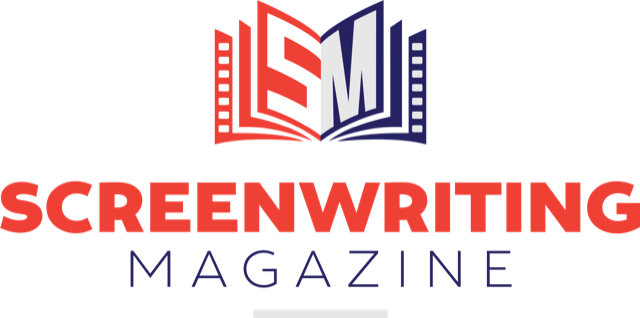
We all love watching movies. A good film takes you on a journey of adventure and self-discovery. Watching and re-watching classic films like Taxi Driver, Casablanca, or Titanic is what inspired us to become screenwriters in the first place. If you write in a particular genre, it’s important to watch all the current and past films in your genre. It’s also good to read books about screenwriting or take classes. But the one thing many screenwriters tend to overlook is the importance of reading screenplays.
We’re lucky to live in a world with internet because we can easily access thousands of screenplays online. Sometimes at the end of the year the studios make them available on their websites, but sites like SimplyScripts.com are super helpful. Click here for a list of sites. I’ve also found some harder to find screenplays on Reddit.com. These are all fantastic resources for a number of reasons so why not take advantage? They’re free.
Check out Screenwriting Magazine’s Facebook page for 30 days of 1 screenplay a day!
Still questioning why you should take the time to read screenplays? Here are eight reasons why you should.
No. 1 – Structure
Screenplay structure is fairly simple and most of us plot it out in our outlines or beat sheets. There are general page numbers where acts should break, but it can vary with genre. In romantic comedies for example, cute-meets and first act breaks tend to happen about five pages before they might in a drama. It’s helpful to look at the page numbers in a successful script to see exactly where the first act ends, where the midpoint happens, where the ‘all is lost’ moment happens and where the third act begins. Sometimes if a screenplay you’re writing isn’t working, it may come down to moving certain events up or down a few pages.
No. 2 – Examples of condensed writing
Good writers use brevity to describe what is happening in a scene. If you started writing as a novelist and have switched to screenplays, this could be one of the biggest challenges you’ll face. Reading good scripts helps you learn how much/how little information to include in scene transitions and character descriptions.
No. 3 – Subtext
Seeing subtext on the page is a lot different than hearing it in a movie. When you’re watching it, it’s easy to forget it’s subtext when you see a great actor emoting, filling in the emotion under the plain, sparse dialogue. Read screenplays you know have good subtext and you’ll likely up your own subtext game.
No. 4 – Read while you watch
I often take this approach when writing a TV pilot. I pick one in a similar genre and read it as I watch it on my computer. Seeing how the words are translated onto the screen is incredibly helpful, especially when trying to develop the pacing of your screenplay, finding the correct beats you need to tell your story, and how it all flows together. Sometimes, you’ll notice there are scenes the in the screenplay that were cut from the movie and it’s likely you’ll be able to tell why.
No. 5 – Bad scripts are teachers too
Seeing what doesn’t work on the page can be really helpful. I’ve been a reader for various competitions and usually you can tell in the first 10 pages (sometimes the first page) that a story or protagonist isn’t going to work. When you identify these problems in a bad screenplay, challenge your self to think of solutions to how the writer could have been more successful.
No. 6 – How do you write that?
I was so curious about the film A Quiet Place because there is almost no dialogue. It was such a treat to read through the sparse pages and see how action – not dialogue – told the story.
No. 7 – Trends in Hollywood
Every year, a number of scripts make the Black List and become Nicholl finalists. These are good to read because they will give you insight into what Hollywood is excited about right now. When you see a current movie, you’re likely seeing what Hollywood execs thought was relevant two to five years ago, so reading these scripts will help you keep your finger on the pulse of what the marketplace is looking for.
No. 8 – Get inspiration
Reading fresh ideas and characters will hopefully make you want to explore your own creativity and get writing. There’s no better motivation to sit down and get writing than reading someone else’s kick-ass script.




2 Replies to "8 Reasons you need to read screenplays"
Leona Heraty April 14, 2019 (9:41 pm)
Thanks for an excellent article, Shanee!
I’m definitely going to take more time to read more scripts, the good, the bad and the ugly, because, like you said, we can learn from every script we read. I will check out the link you posted above about reading 1 script a day. Thanks again! 🙂
David Johnson September 25, 2019 (3:48 pm)
That’s cool that you can find good examples of condensed writing by reading screenplays. I want to be a screenwriter for a living. I’ll have to look into film school.